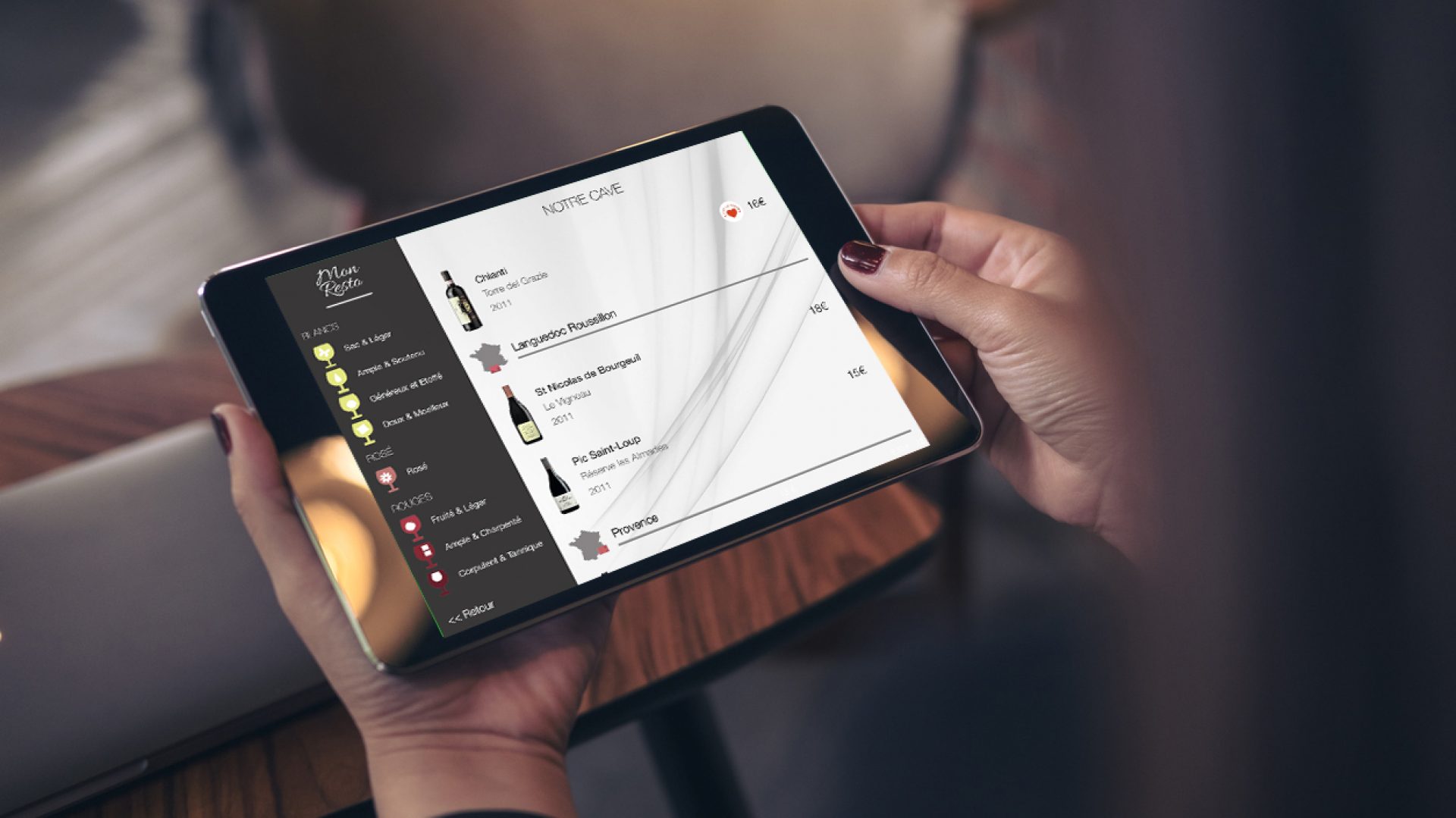The profession of a sommelier, typically seen as the expert in all things wine, has been experiencing a profound transformation. This transformation is driven by a combination of factors such as technological advances, the impacts of climate change, changing consumer behavior, the rise of organic and natural wines, globalization, and the imperative need for diversity and inclusion in the industry.
Navigating the Digital Age
The advent of digital technology has democratized access to wine knowledge and disrupted traditional business models. With information readily available online and e-commerce platforms broadening consumer access to wines, the sommelier’s role has evolved. They now need to engage with customers in innovative ways, leverage new tools and technologies, and provide a personal touch that no digital platform can replicate.
Climate Change and Wine
Climate change has significantly impacted wine production, with rising temperatures and unpredictable weather patterns altering traditional wine regions. Sommeliers must keep abreast of these changes, understand their impacts on different wines, and educate consumers about these issues.
Rising Demand for Organic, Biodynamic, and Natural Wines
Modern consumers increasingly seek wines produced using organic, biodynamic, and natural methods. These practices focus on environmental sustainability and minimal intervention, leading to a broader range of wine styles. Sommeliers must stay informed about these trends and be prepared to guide customers through this new wine landscape.
Implications of Globalization
Globalization has led to the rise of new world wine regions and the spread of winemaking techniques and technology worldwide. As wine production and consumption become more global, sommeliers must continually broaden their knowledge and embrace the increased diversity of wine styles and varietals. They also have a role in preserving and promoting wine diversity by supporting indigenous grape varieties and unique expressions of terroir.
Adapting to Changing Consumer Preferences
With a growing emphasis on health, sustainability, and openness to trying new things, consumer preferences and expectations are rapidly evolving. Sommeliers must adapt to these changes, understanding and catering to a wide range of consumer values and preferences.
The Value of Certification and Education
While traditional sommelier education and certification continue to hold value, there’s a growing need for these programs to adapt to the changing landscape. Aspiring sommeliers need a well-rounded education that prepares them to navigate this dynamic field, keeping abreast of emerging trends and understanding the impacts of issues like climate change and globalization.
The Challenge of Diversity and Inclusion
The wine industry is increasingly recognizing the need for greater diversity and inclusion, acknowledging the value of a broader range of voices and perspectives. Despite the challenges, movements for change are gaining momentum, with initiatives to support individuals from underrepresented groups and advocacy groups pushing for greater representation.
In conclusion, the role of the sommelier is rapidly evolving, moving beyond traditional responsibilities to encompass new skills and knowledge areas. As the wine world continues to change, sommeliers who can adapt and innovate will continue to be invaluable pillars in the industry, enhancing our understanding and enjoyment of the captivating world of wine.



One thought on “The Evolution of the Sommelier in the Modern World”
Comments are closed.